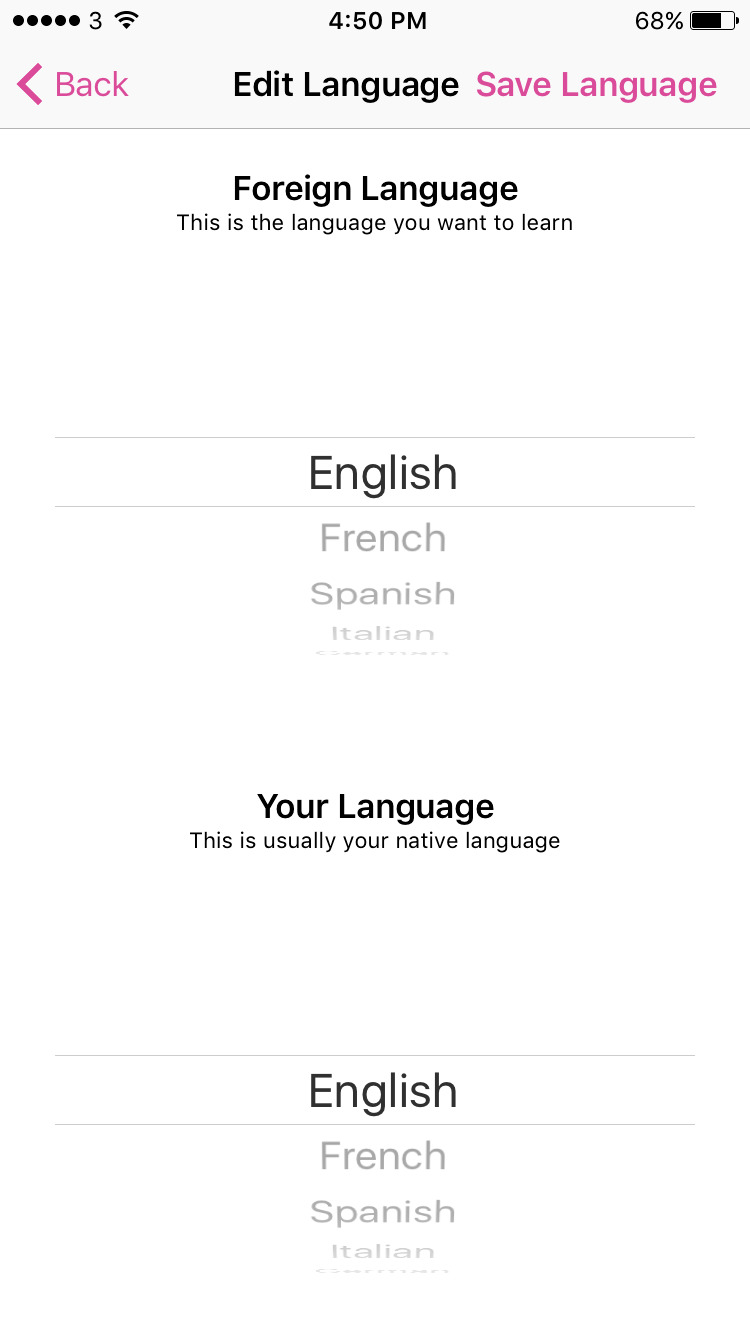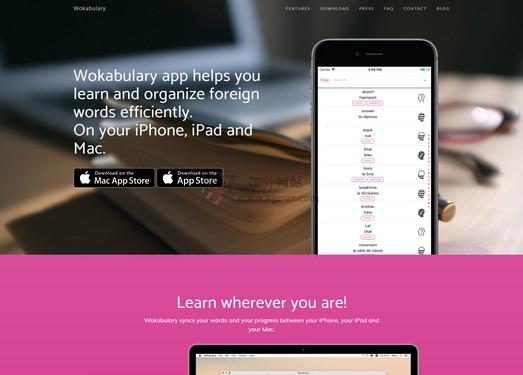
Questions about you in your citizenship test. During the citizenship test, the officer is making sure your information is true and correct. He or she will ask lots of questions about the information on your application (Form N-400). If you’re learning English in order to better your job prospects, the chances are that at some point you’re going to need to understand and employ a more specialised vocabulary. Working in a business environment will expose you to a raft of new words that don’t tend. What is Wokabulary? Wokabulary, as the name sounds — vocabulary! It is a language learning tool that can help you manage your vocabulary, enable you to do the quiz, and track your progress. It does not offer any language courses, while it is more focused on helping build your own word list so you can improve on your own pace. Basic vocabulary definition: the set of lexical items in a language that are most resistant to replacement, referring. Meaning, pronunciation, translations and examples. What's basic is what's essential, at the root or base of things. If you've got a basic understanding of differential equations, you can handle simple problems but might get tripped up by more difficult ones.
IELTS vocabulary lessons with word lists, practice exercises and pronunciation. Learn word lists for common topics and how to pronounce words correctly in English. Vocabulary is 25% of your marks for IELTS writing and speaking and also plays a key role in listening and reading. You need to develop your English language vocabulary if you wish to crack IELTS.
Below are IELTS topics for improving your English language vocabulary.
- Crime & Punishment
Improve your IELTS vocabulary score by learn useful tips for paraphrasing in IELTS. You need to learn to paraphrase correctly and avoid errors to get a good score in all skills, particularly IELTS writing. Knowing which words to repeat and which words to paraphrase is essential.
Get a list of over 100 common uncountable nouns with practice exercises. This is an essential page to view before your IELTS test. The most common vocabulary mistake in IELTS is with uncountable nouns.
Idioms count for your score of vocabulary. They are informal and should not be used in writing. But you can use some of them in IELTS speaking.
Improve your vocabulary by learning the exact meaning of words and how to use them correctly. These lessons are either words lists or lessons which focus on how to use a particular word correctly. For students aiming to reduce the number of errors in their writing and speaking, these lessons are essential.
- Names

Lexical Approach
In creating the pedagogical materials for Français interactif, the developers decided to move away from the traditional grammatical syllabus and adopt features of the Lexical Approach instead.
Development goals of Français interactif.

Duration: 03:13
Lewis (1993) suggests the following:
Vocabulary Activities
- Lexis is the basis of language.
- Grammatical mastery is not a requirement for effective communication.
- Any meaning-centered syllabus should be organized around lexis rather than grammar.
Types of Lexical Units
Lewis also suggests that Native speakers have a large inventory of lexical chunks that are vital for fluent production. Chunks include collocations and fixed and semi-fixed expressions and idioms. Fluency does not depend on a set of generative grammar rules and a separate store of isolated words, but on the ability to rapidly access this inventory of chunks. These chunks occupy a crucial role in facilitating language production and are the key to fluency. Two points to remember about lexical chunks: learners are able to--
- comprehend lexical phrases as unanalyzed wholes or chunks.
- use whole phrases without understanding their constituent parts.
Taxonomy of Lexical Items (Lewis, 1997)
| Lexical Item | Examples |
|---|---|
| words | book, pen |
| polywords | by the way, upside down |
| collocations | prices fell, rancid butter |
| institutionalized utterances | I'll get it; That'll do |
| sentence frames and heads | That is not as [adjective] as you think; The danger was... |
| text frames | In this paper we will explore...; Firstly... |
Vocabulary A-z
Lexis in Language Teaching and Learning
The language activities consistent with the lexical approach must be directed toward naturally occurring language and toward raising learners' awareness of the lexical nature of language. Activites of this nature include the following:
Vocabulary
- intensive and extensive listening and reading in the target language
- first and second language comparisons and translation
- repetition and recycling of activities to keep words and expressions that have been learned active
- guessing the meaning of vocabulary items from context
- noticing and recording language patterns and collocations
- working with dictionaries and other reference tools
- working with language corpuses to research word partnerships, preposition usage, style, and so on
Vocabulary.com
